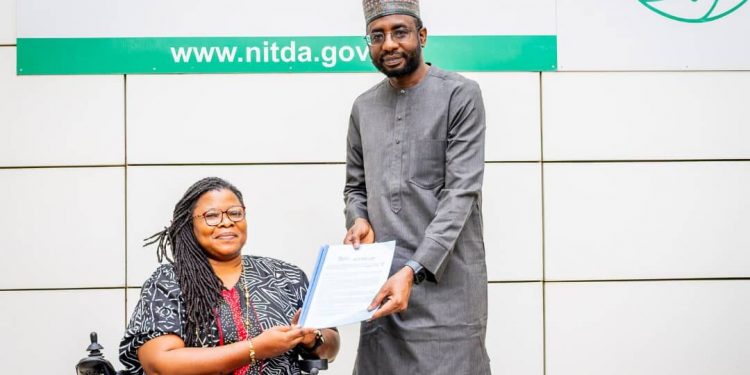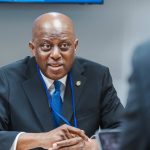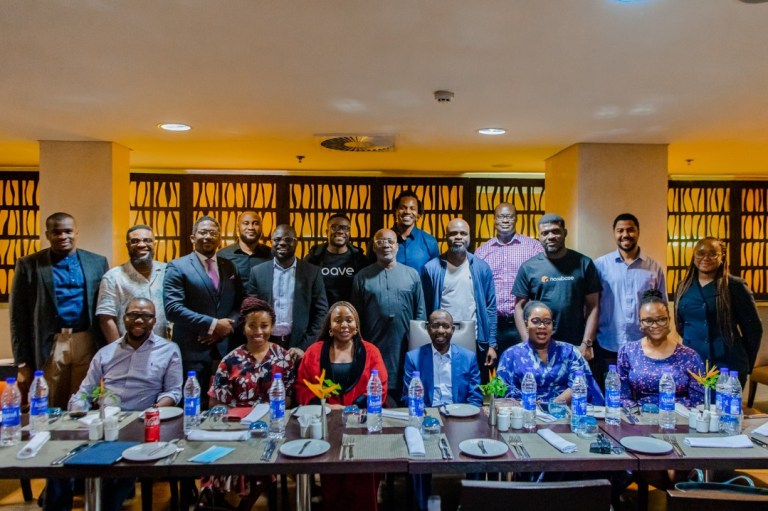The National Information Technology Development Agency (NITDA) has emphasized the urgent need to include Nigeria’s over 35 million persons with disabilities in national digital empowerment efforts, stating that the country’s digital future cannot be fully realized without their participation.
Speaking in Abuja during a courtesy visit by the Inclusive Friends Association (IFA), a disability rights group, NITDA Director-General Kashifu Inuwa said the agency is redesigning its programmes to reflect a more inclusive approach in line with Nigeria’s goal of achieving 95% digital literacy by 2030.
“There is no way we can achieve 95 per cent digital inclusion if we exclude 35 million Nigerians,” Inuwa said, noting that while some previous initiatives targeted persons with disabilities in select locations, a broader national rollout is now underway.
The new direction aligns with President Bola Tinubu’s agenda for inclusive economic reforms and inclusive growth, according to Inuwa. He proposed that members of the disability community be formally represented in national ICT policymaking bodies, including those focused on curriculum development and standards, to ensure that inclusion becomes part of the system, not just a talking point.
“We need to go beyond just training. The real goal is empowerment—how people can use IT to grow their businesses and improve their lives,” he added.
He also suggested integrating disability-focused digital training into broader national tech initiatives, including programmes under the National Youth Service Corps (NYSC), as well as training cohorts aimed at women and other priority groups. Inuwa reaffirmed NITDA’s commitment to collaborating with disability-focused organisations to build a more inclusive digital economy.
IFA’s Executive Director, Grace Jerry, welcomed the agency’s commitments, stressing that the digital gap for persons with disabilities must be closed if Nigeria is to achieve its national targets.
“Digital literacy is fast becoming a foundational skill for employment, and without deliberate inclusion, millions will be left behind,” Jerry said. She stressed that every demographic, particularly those most at risk of exclusion, must be accounted for if the 95% literacy goal by 2030 is to be met.
NITDA’s renewed commitment comes on the heels of its nationwide rollout of the Digital Literacy for All Initiative (DL4ALL), which aims to equip 70% of Nigerians with digital skills by 2027 and 95% by 2030. The initiative, which trained over 150,000 people during its pilot phase across 12 states, is being positioned as a national movement for digital empowerment—targeting critical gaps in education, employment, financial inclusion, and online safety.
With calls for stronger representation and inclusive policymaking, NITDA’s push marks a significant step toward ensuring that Nigeria’s digital economy leaves no one behind.










